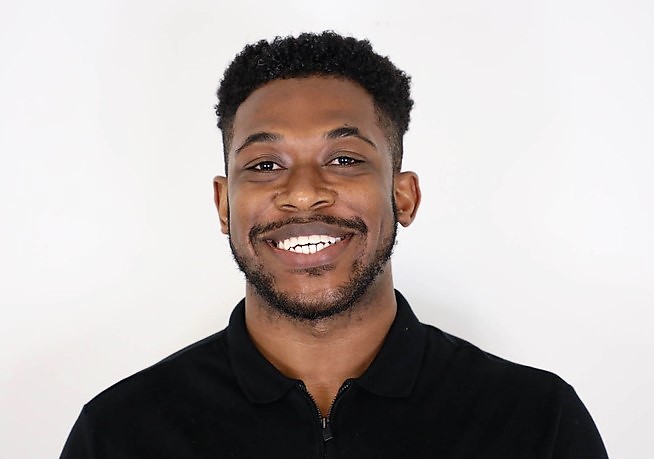Fact vs Fiction: Winning Time season 1 finale — Did Kareem Abdul-Jabbar or Magic Johnson win the 1980 NBA Finals MVP?
Also, what’s the truth behind Larry Bird’s Rookie of the Year award?
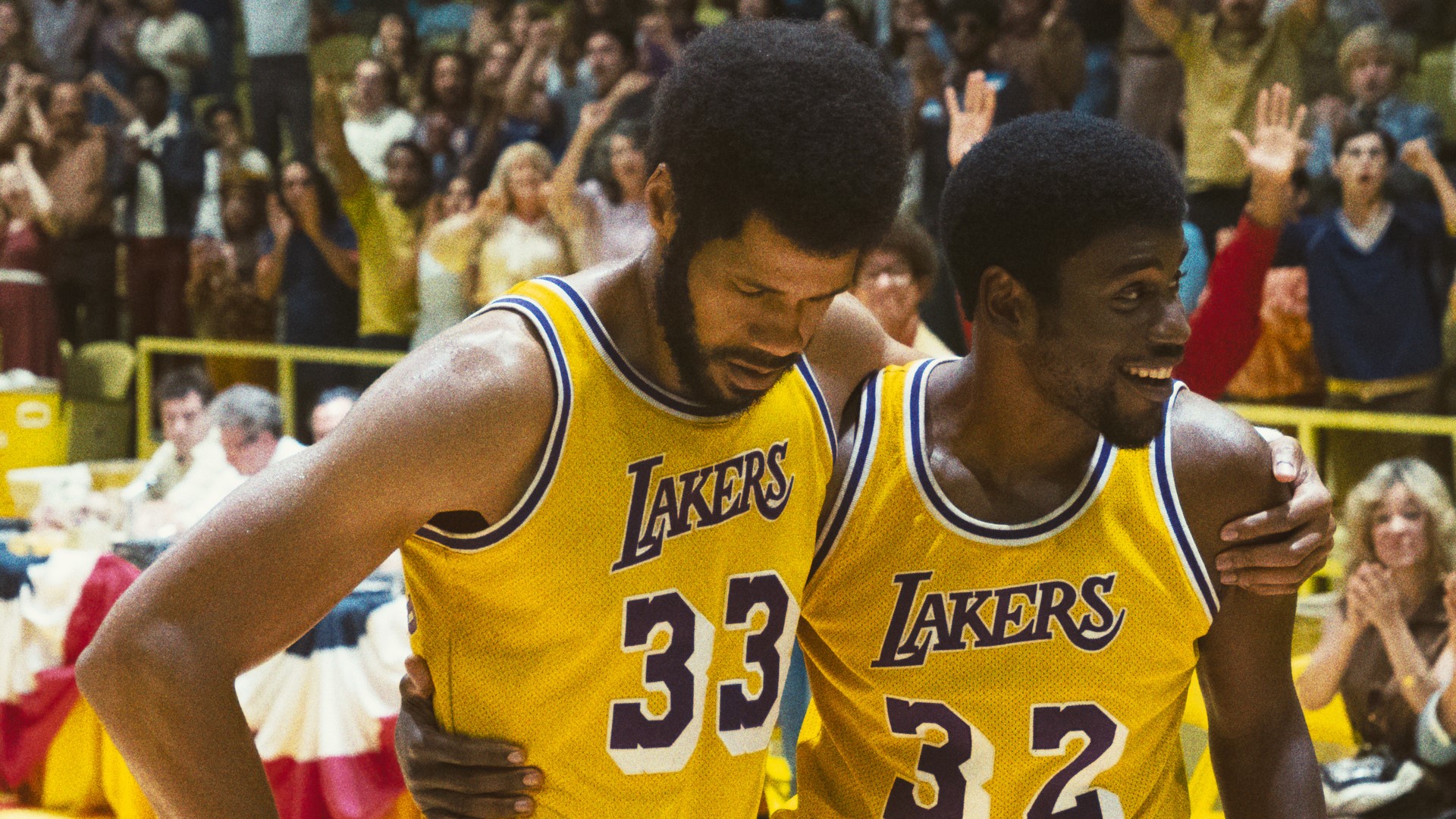
The latest updates, reviews and unmissable series to watch and more!
You are now subscribed
Your newsletter sign-up was successful
Want to add more newsletters?

ONCE A WEEK
What to Watch
Get all the latest TV news and movie reviews, streaming recommendations and exclusive interviews sent directly to your inbox each week in a newsletter put together by our experts just for you.

ONCE A WEEK
What to Watch Soapbox
Sign up to our new soap newsletter to get all the latest news, spoilers and gossip from the biggest US soaps sent straight to your inbox… so you never miss a moment of the drama!
That’s it. Winning Time: The Rise of the Lakers Dynasty has just wrapped for the season with the Lakers winning an NBA championship title. However, in the course of the team achieving that goal in the season finale, a few events occurred that prompted our curiosity.
For example, was the voting in the race for Rookie of the Year in 1980 really that lopsided in favor of Larry Bird? Also, is it true that Kareem Abdul-Jabbar was passed over for the 1980 Finals MVP award because it made for better optics if Magic won? Plus, who was the spark for Spencer Haywood getting clean?
Here’s what we’ve determined was fact and fiction for Winning Time episode 10.
Did Larry Bird win Rookie of the Year with 63 votes?
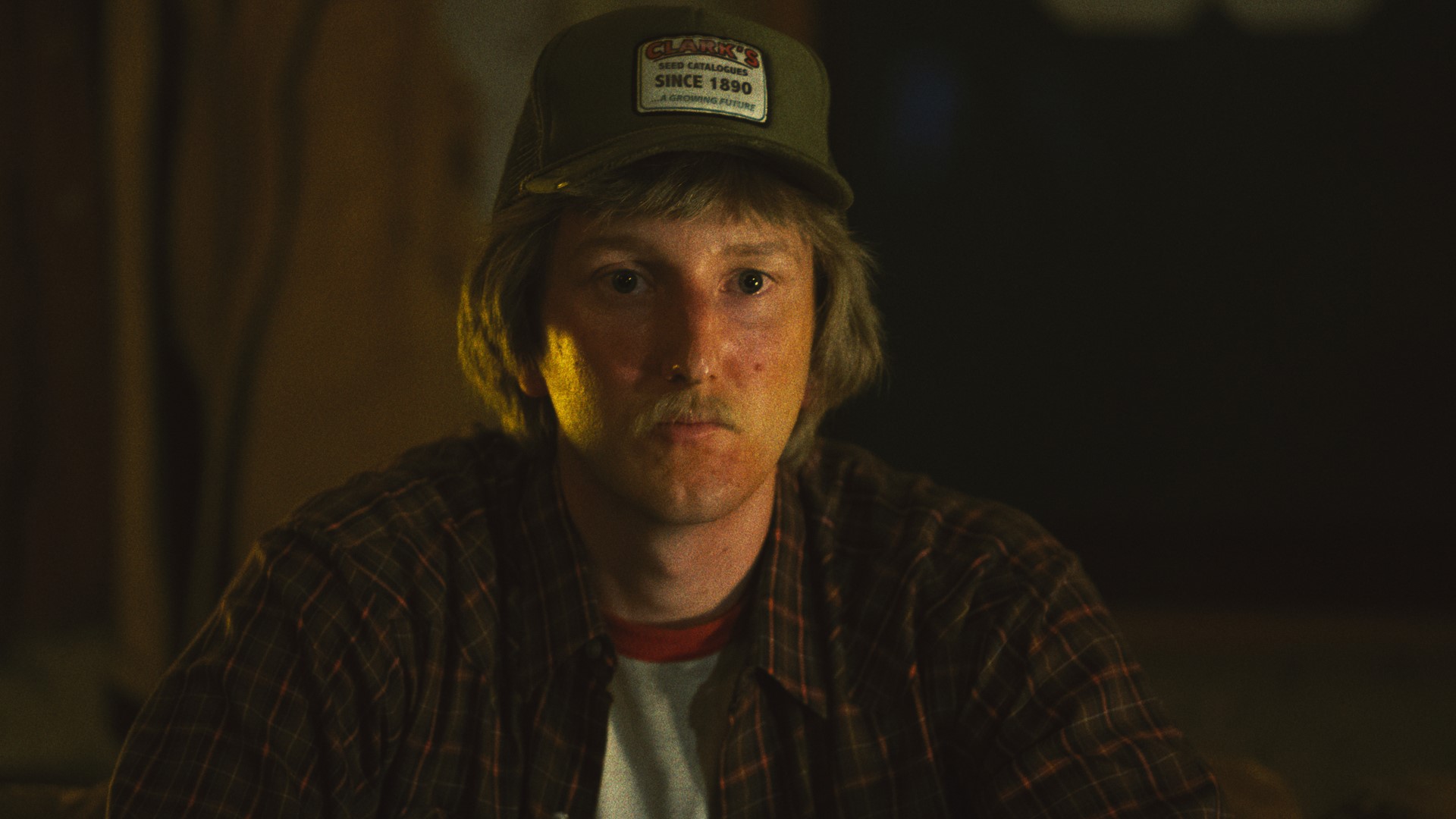
Winning Time again explored the Magic Johnson vs Larry Bird narrative in its season finale. There was a point early on in the episode when Johnson (Quincy Isaiah) hears that Larry Bird (Sean Patrick Small) was selected as the 1980 NBA Rookie of the Year. The announcement clearly gets underneath Johnson’s skin.
Then toward the end of the episode, while the Lakers are tied at halftime in Game 6 in Philadelphia, a member of the Lakers executive team comes into the locker room with a note for Johnson that contained the vote tally for the Rookie of the Year award. Pat Riley (Adrien Brody) intercepts the message, but he doesn’t tell Johnson what it says until the guard is in need of extra motivation to beat the 76ers. Bird apparently received 63 of the 66 votes. Was this actually the final count?
Yes.
According to ESPN, the Celtics legend received 63 votes for Rookie of the Year to the Laker legend’s three. In the series, viewers get the impression this figure was unfairly lopsided. With that in mind, we decided to pull some comparative stats from Basketball Reference for the players’ debut season in the league. During the 1979-1980 NBA season, Bird averaged 21.3 points, 10.4 rebounds and 4.5 assists a game. Johnson on the other hand, averaged 18 points, 7.7 rebounds and 7.3 assists per game.
The latest updates, reviews and unmissable series to watch and more!
Did Kareem Abdul-Jabbar or Magic Johnson win the 1980 NBA Finals MVP?
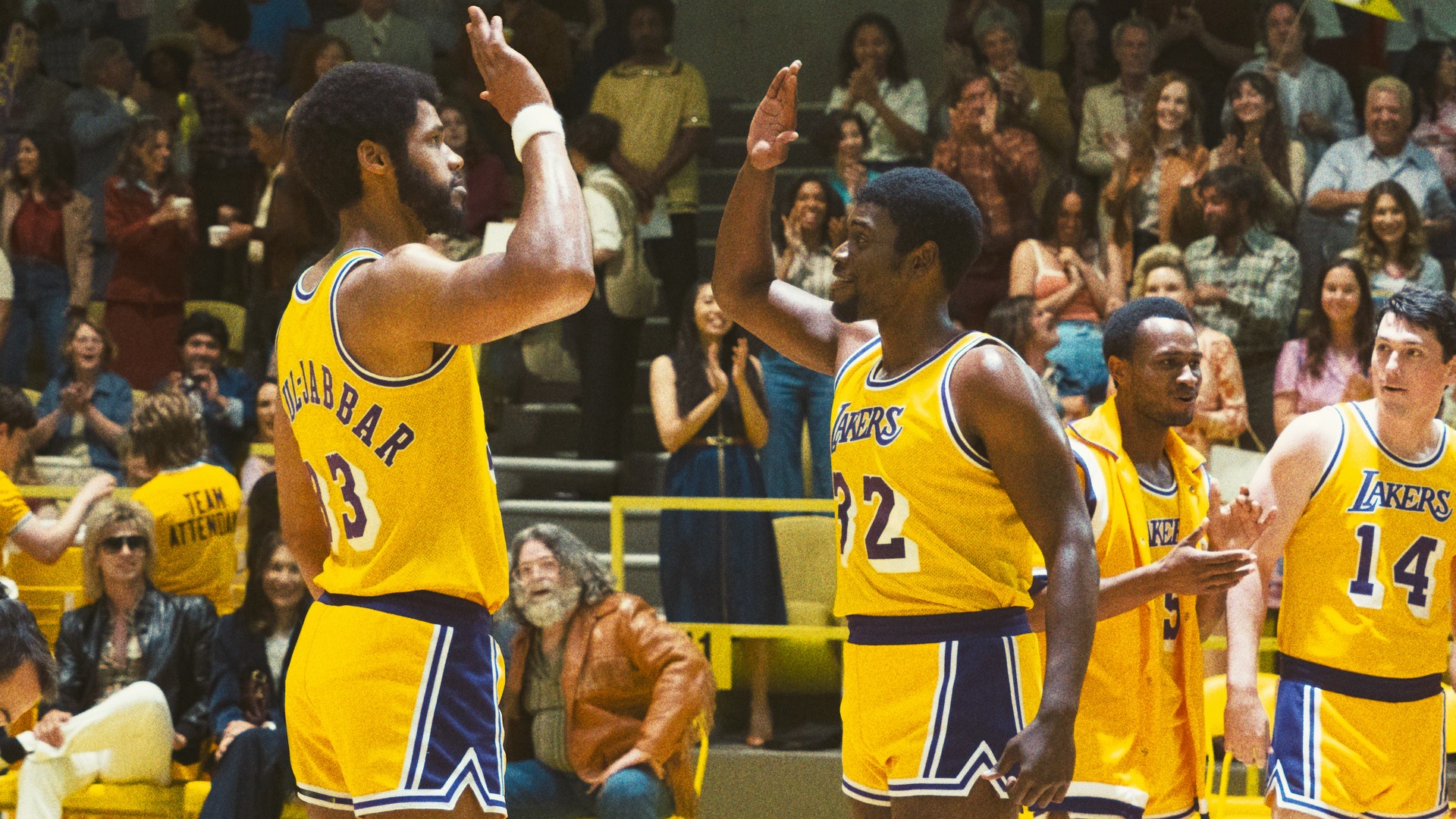
After a hard-fought battle against the 76ers in Game 6, the Lakers emerge victorious. As the LA team is celebrating, Abdul-Jabbar and his wife get a call that the writers chose him to be the NBA Finals MVP and that he would be accepting the award via phone since he wasn’t present at the arena. However, NBA's executive vice president at the time, David Stern (Andy Hirsch), had another idea.
For marketing purposes in trying to build up the rivalry between Larry Bird and Magic Johnson, Stern wanted the latter to receive the recognition instead. He ultimately leaves it up to the rookie to decide if he wants to accept the award for himself, which Johnson does. So was Abdul-Jabbar the real winner of the MVP title that year?
According to Bill Livingston, yes.
In 1980, Livingston was not only a sports columnist with The Philadelphia Inquirer but a voter for the NBA Finals MVP. According to several sources, including The Sports Rush, Livingston allegedly confessed he and others changed their votes from Abdul-Jabbar to Johnson because CBS didn’t want to present an award to an empty seat. Based on Livingston’s story, Kareem initially had the votes to win, but Johnson took home the prize.
Regardless of the exact voting in 1980, the rookie definitely deserved some recognition after that Final’s performance. As Sporting News details, in Game 6, he played 47 minutes and finished with 42 points, 15 rebounds, seven assists and three steals. Additionally, Abdul-Jabbar was named the 1980 NBA MVP, reflective of his work from that entire season.
Did Kareem convince Spencer Haywood to get clean?
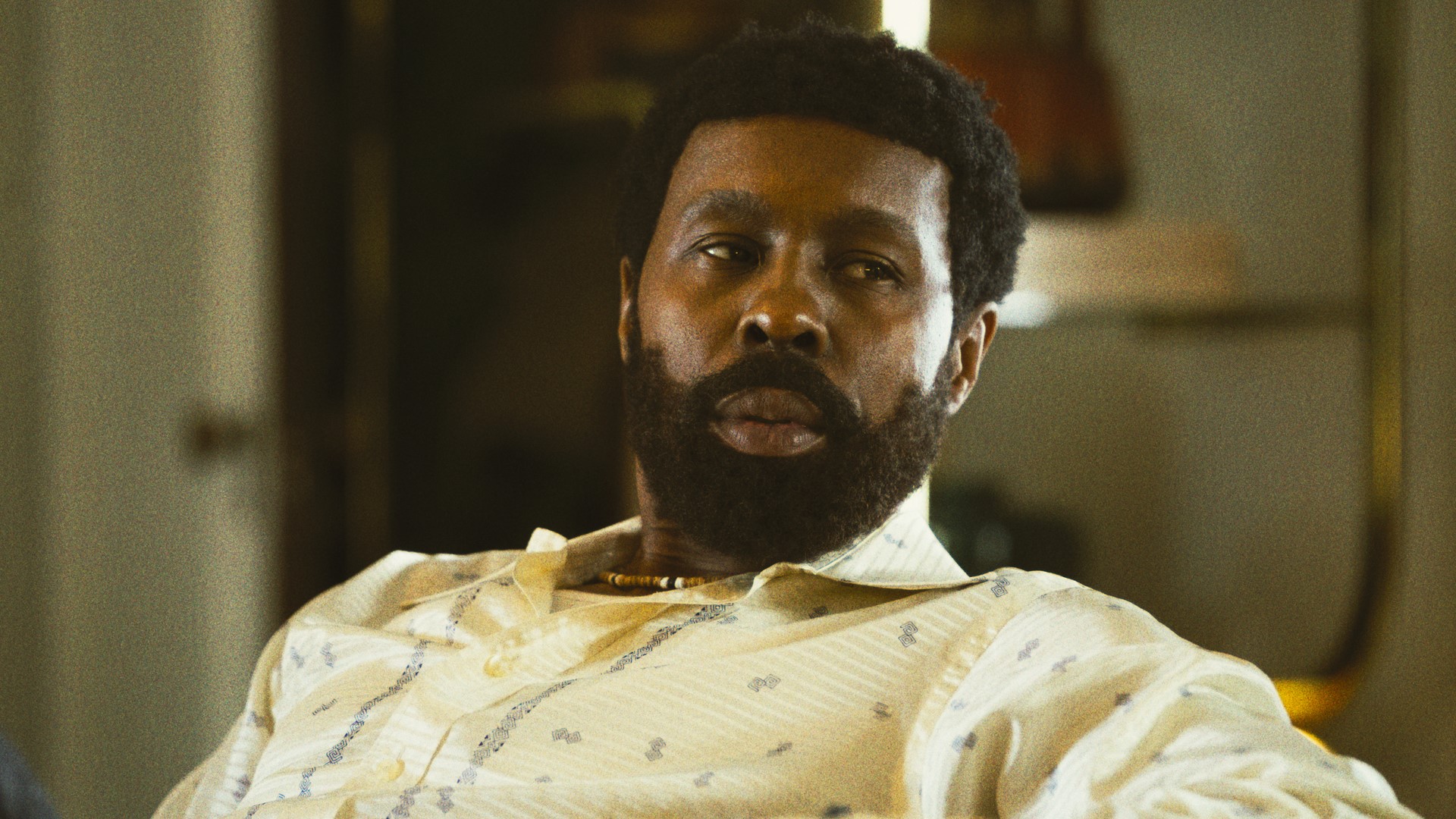
As the finale is concluding, there is a moment when Abdul-Jabbar shows up to the home of Spencer Haywood (Wood Harris). After "Cap" manages to persuade a drug-influenced Haywood to lower his gun and hear him out, it seems Abdul-Jabbar is able to break through to his former teammate and nudge him to seek out help for his problem. But was Abdul-Jabbar the one who actually convinced Haywood to get clean?
This is fiction.
In a People article that Haywood penned himself, he credits an old college friend, Vern DeSilva, and another unnamed friend for kidnapping him and dragging him away from the party influences in his life at that time. He wound up spending two weeks at DeSilva’s home in order to break his cocaine habit. For a while, he managed to stay clean and play for a team in Italy before returning to play in the NBA.
Did Magic Johnson carry around a boom box?
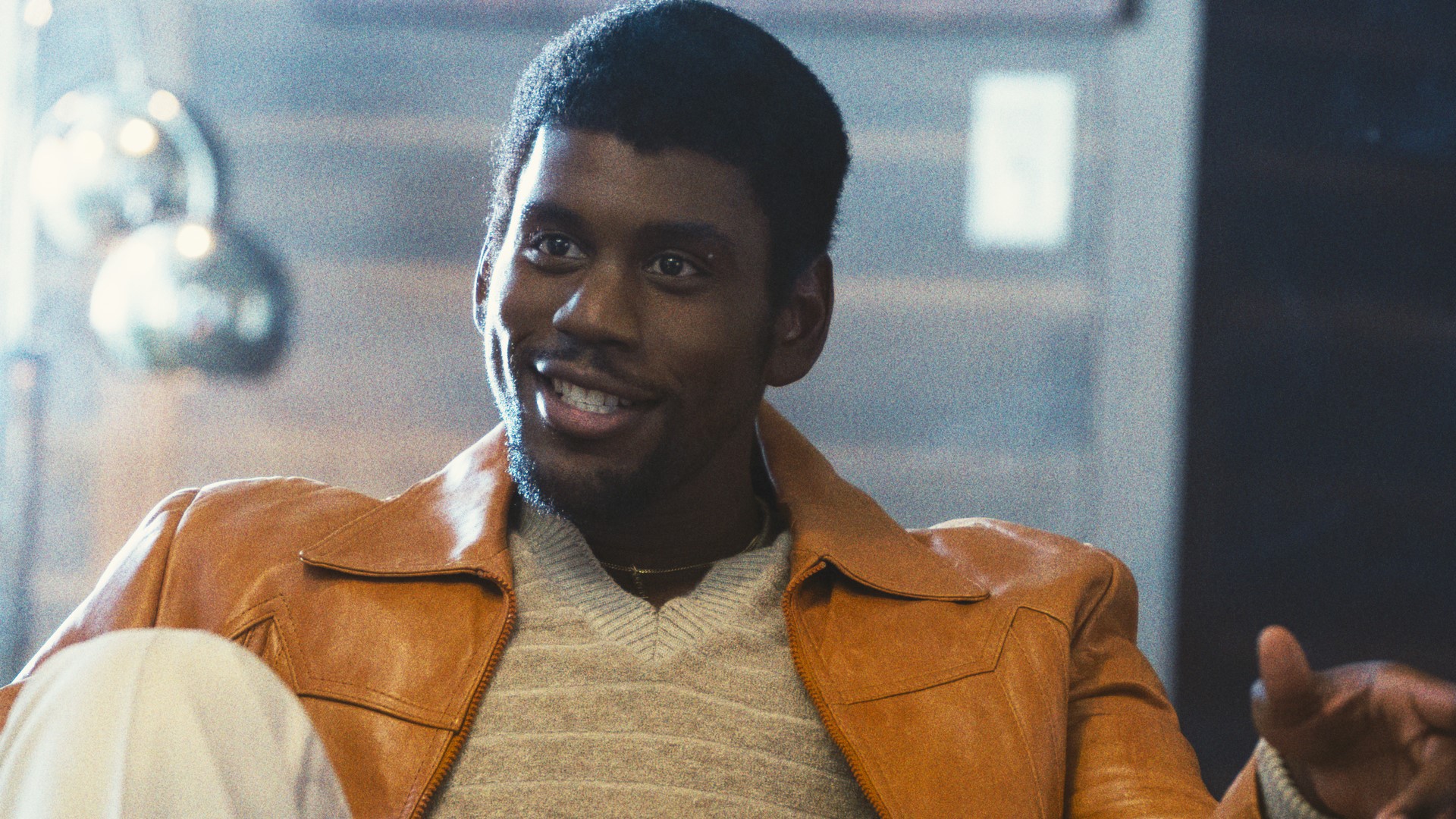
In the series, the moment Johnson first stepped into a locker room he was accompanied by a boom box. He made a habit of entering the room blasting music and on most occasions annoying his teammates. Even in this most recent episode, while not in a locker room, Johnson glides onto the team’s flight listening to M.A.Z.E.’s "Golden Time of the Day." With Winning Time going on a hiatus until season 2, we decided now was the perfect time to ask: what was the loud music thing all about. Is it true Johnson used to carry around a boom box with him?
Yes.
According to The Washington Post, when the Laker great was a rookie, he would indeed walk around blasting music. He liked to play songs that didn’t appeal to the general musical taste of the locker room. Abdul-Jabbar in particular was not a fan and reportedly wasn’t shy about letting that be known.
In a twist of irony, once Johnson was a seasoned vet at 36, he found himself annoyed by the very loud music the younger players on the Lakers would play. Rap in the 90s was apparently not his go-to genre.
All episodes of Winning Time are now available to stream on HBO Max in the US and are on Sky TV and NOW TV in the UK. Wining Time will be back with a season 2.
Terrell Smith has a diverse writing background having penned material for a wide array of clients including the federal government and Bravo television personalities. When he’s not writing as Terrell, he’s writing under his pseudonym Tavion Scott, creating scripts for his audio drama podcasts. Terrell is a huge fan of great storytelling when it comes to television and film. Some of his favorite shows include Abbot Elementary, Matlock, The Lincoln Lawyer, Survival of the Thickest, The Pitt and Godfather of Harlem. And a fun fact is he's completely dialed into Bravo Universe and The Young and the Restless (thanks to his grandmother).
